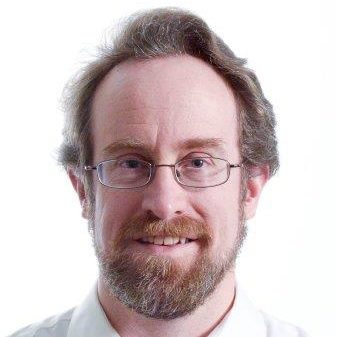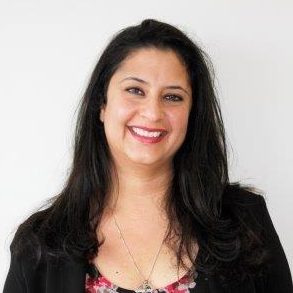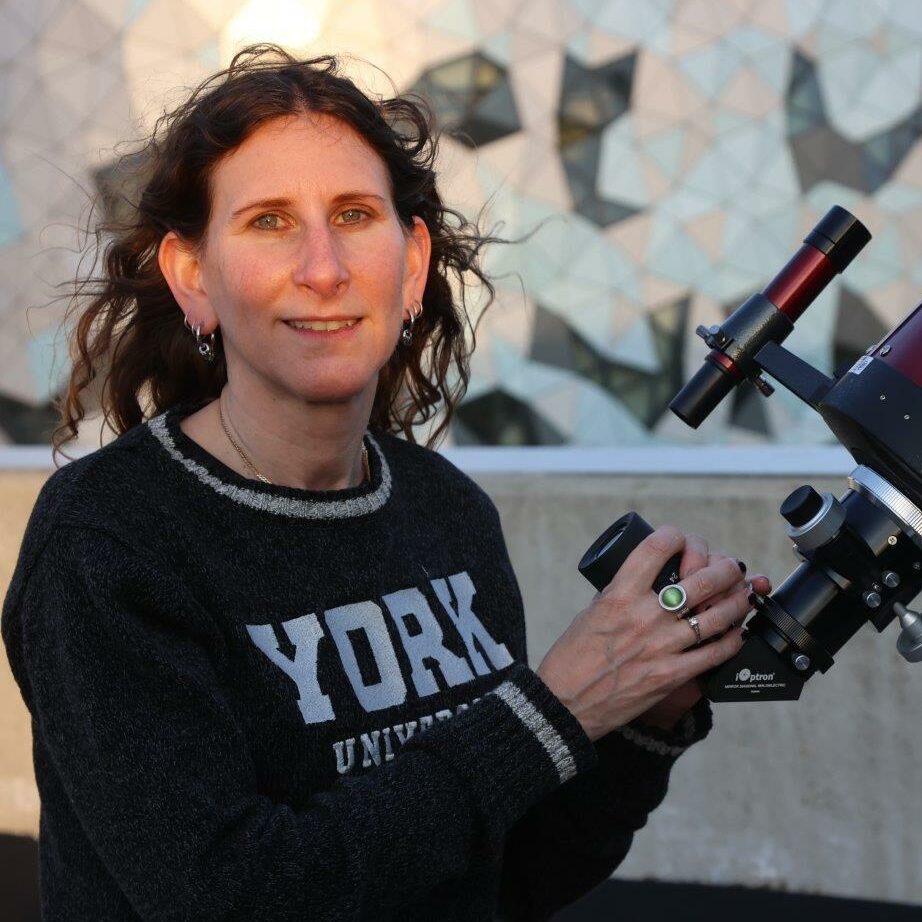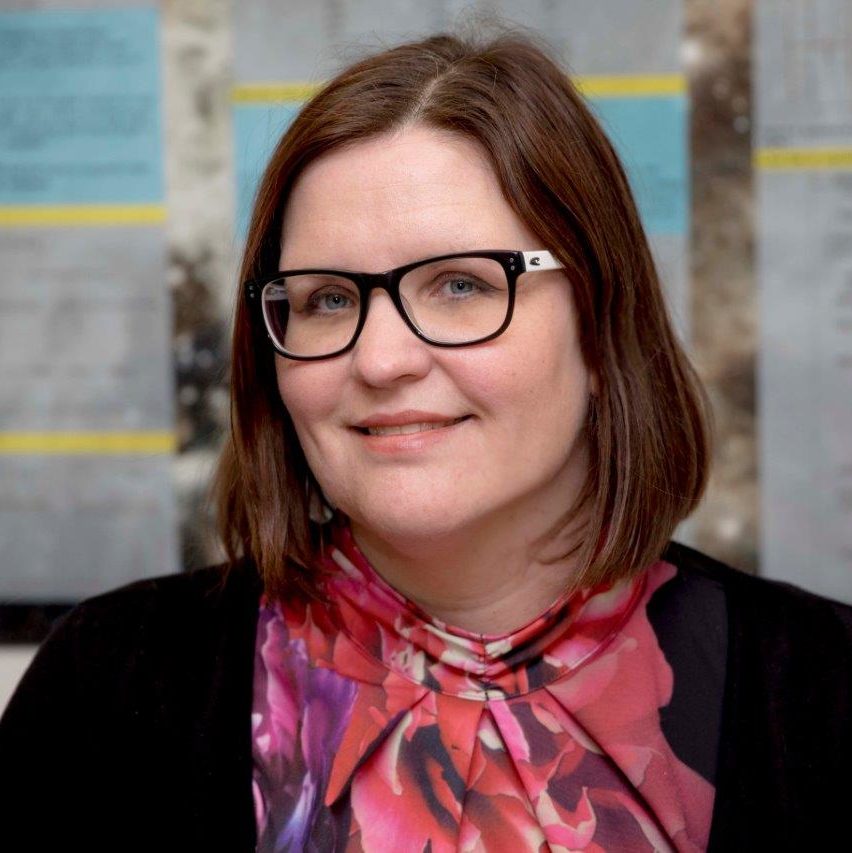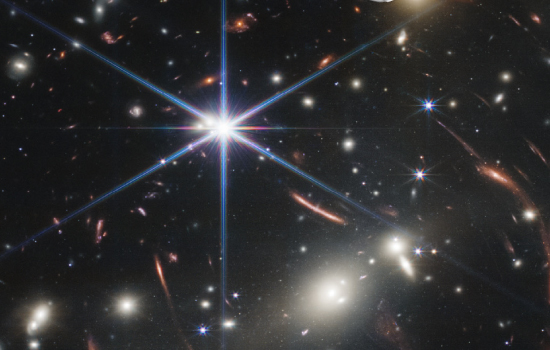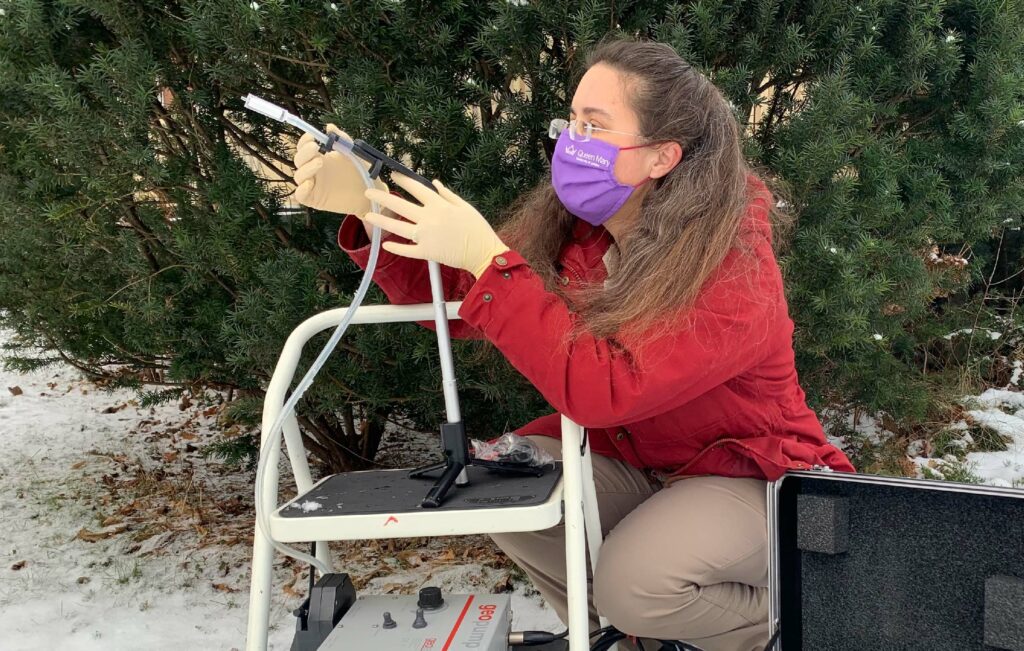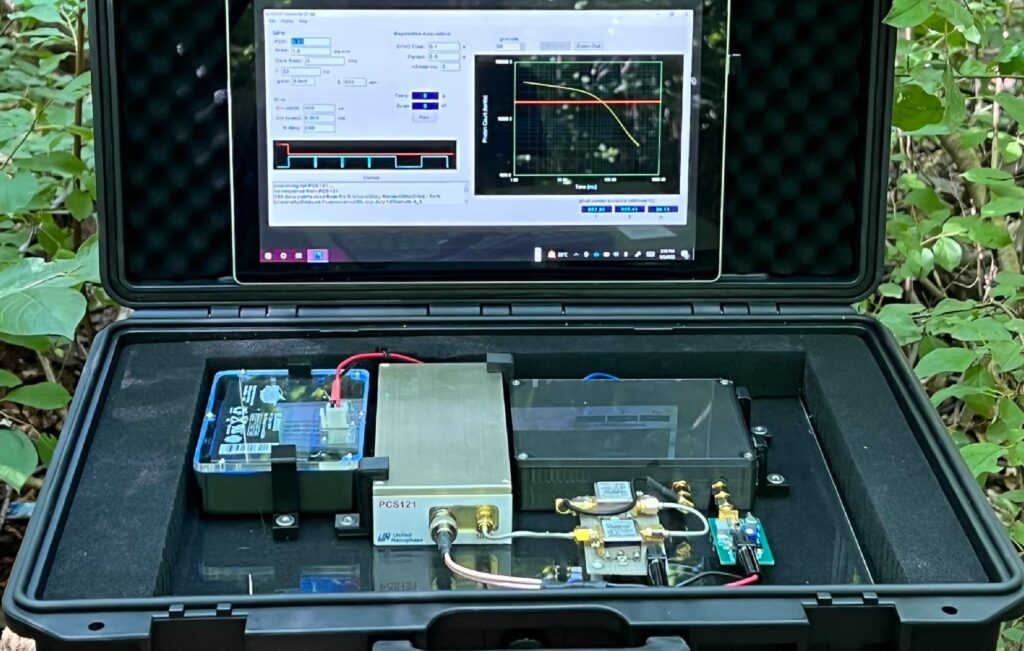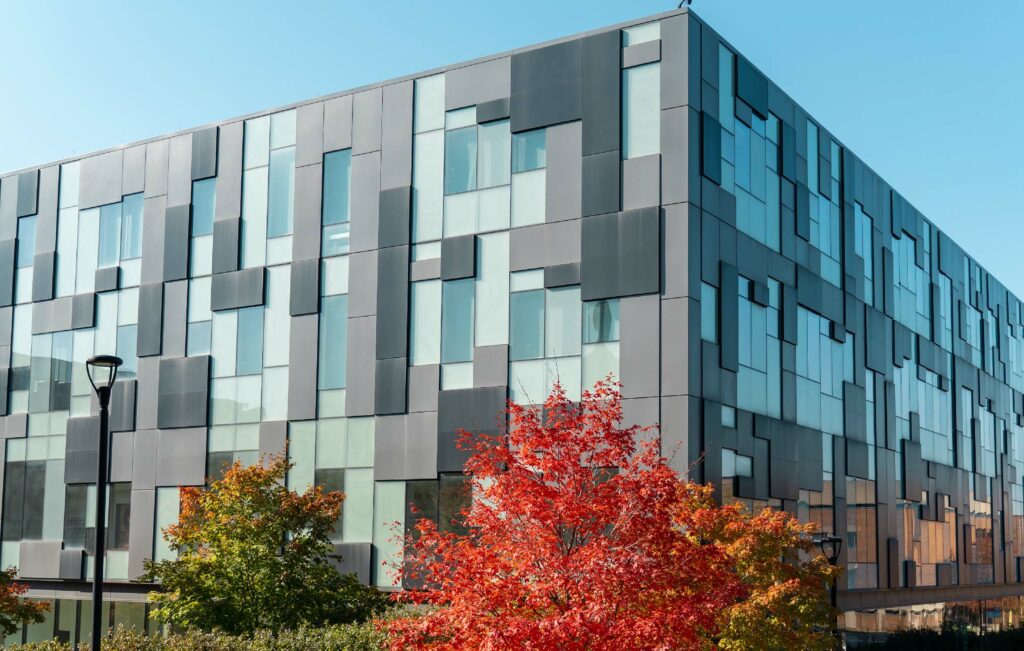
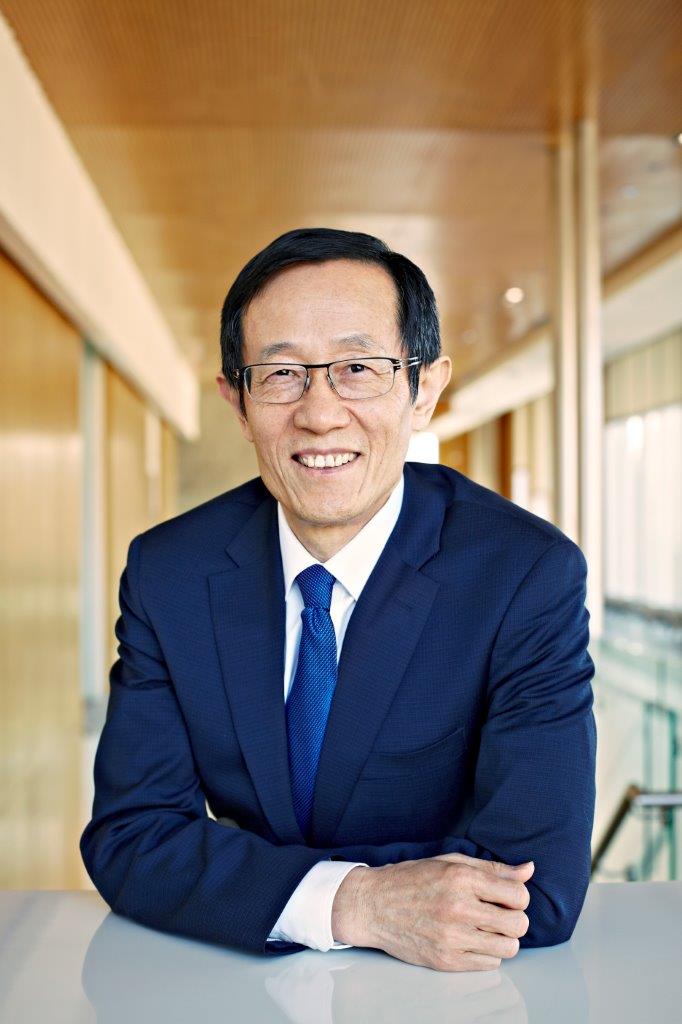
A MESSAGE FROM DEAN RUI WANG
As I reflect on the past year, I am grateful to our instructors, researchers and staff who work very hard to serve our students and make a positive impact on the Faculty of Science and our community. Our Faculty is committed to fostering scientific discovery and tackling global challenges to create positive change in our world. And we are so lucky to have talented researchers, teachers and staff on our team to help us achieve this. Together, we are building science for the future and making York Science a great place to study, to research, and to be proud community members.
We accomplished so much together in 2022.
We launched our Community 2022 initiative to help our faculty, staff and students reconnect in person and to support the return to a more robust on-campus presence. Our researchers attracted $20.6 million in research funding, including an incredible $7.25 million grant from the International Development Research Centre of Canada to establish the Global South Artificial Intelligence for Pandemic and Epidemic Preparedness and Response Network. We recruited talented new researchers and teachers, and celebrated new and renewed Chair positions and elections to the Royal Society of Canada.
We launched a syllabus template for instructors that includes an Indigenous land acknowledgement and integrates principles of equity, diversity and inclusion (EDI) to welcome students into their courses. We installed automated, remote-controlled domes at the Allan I. Carswell Observatory that have enhanced the opportunities for viewing, research, public engagement and more for our entire community. Our Departments launched new programming, including a Data Science program and revamped offerings in Science, Technology & Society, including new courses focused on EDI. We enhanced opportunities for undergraduate research and success by hosting a successful summer research conference and establishing a new Undergraduate Research Award program, thanks to a generous donation by Earle Nestmann. And we created new international education experience programs and initiatives, such as our 2+2/2+3 Undergraduate International Collaboration Education Program, which allows students studying at partner institutions to complete their degrees at York Science.
I am so proud of these achievements. You can read more about these and many more accomplishments in our 2022 Faculty of Science Annual Review.
Rui Wang
Dean, Faculty of Science
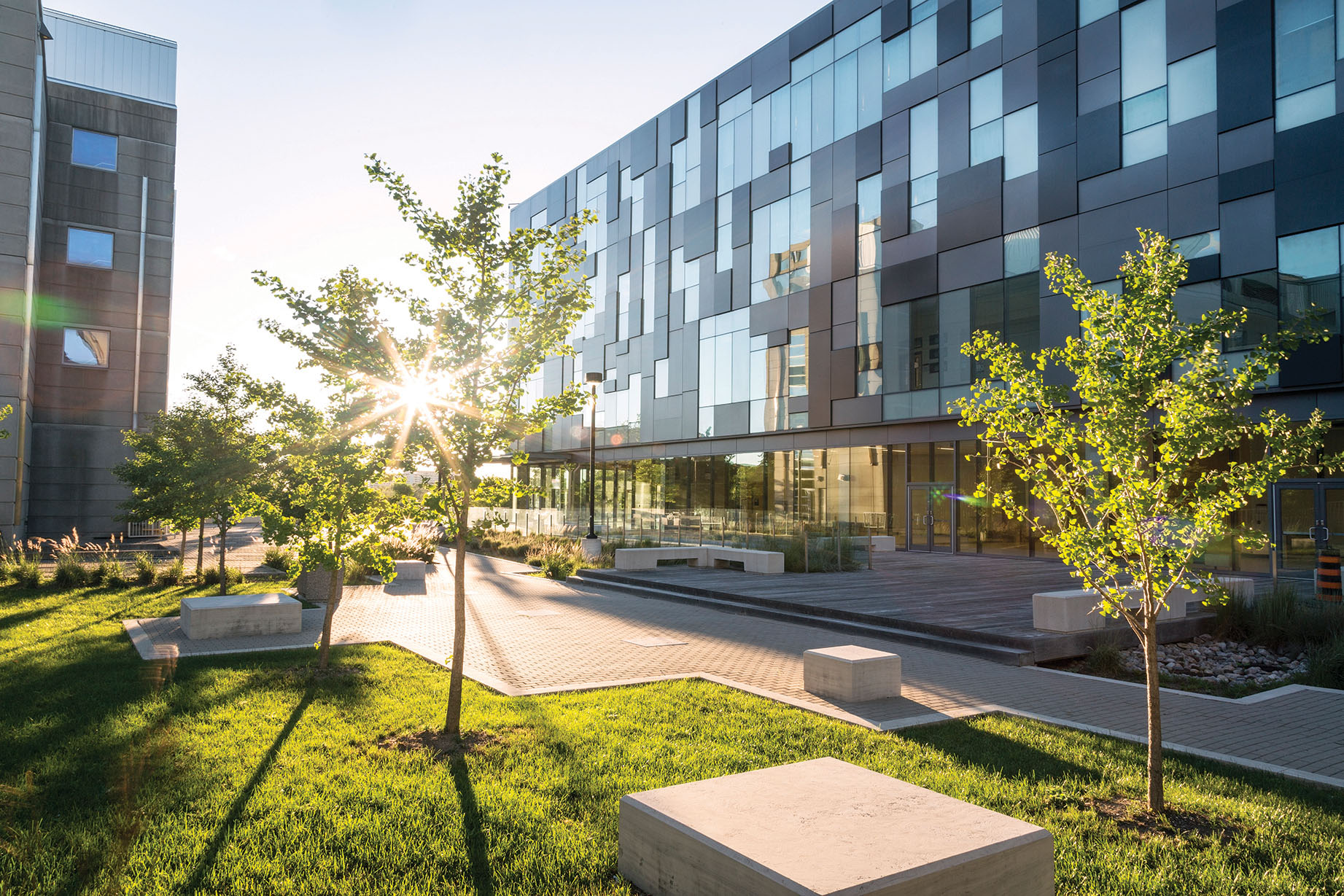
BY THE NUMBERS
174
Faculty members
(full-time)
101
Staff members
(full-time)
20
Undergraduate programs
9
Graduate programs
93
Postdoctoral fellows
and visitors
4,197
Undergraduate students
63% Canadian
37% International
(full-time and part-time)
421
Graduate students
63% Canadian
37% International
(full-time and part-time)
5
Departments:
Biology
Chemistry
Physics & Astronomy
Mathematics & Statistics
Science, Technology & Society
1
Division:
Natural Science
28
Bethune-affiliated student clubs
18
Fellows and College members of Royal Society of Canada
(current and emeriti)
23
Canada Research Chairs, York Research Chairs, and Endowed Chairs
$78.2 million
Total annual budget
$2.9 million
Total fundraising amount
Annualized results since the time of the 2021 Annual Review report (as of March 31, 2023)
$20.6 million
Total research funding revenue
4
Organized Research Units based in or led by the Faculty of Science:
Centre for Bee Ecology, Evolution and Conservation
Centre for Research on Biomolecular Interactions
Risk and Insurance Studies Centre
Emergency Mitigation, Engagement, Response, and Governance Institute
4
Research facilities and equipment centres
based in the Faculty of Science:
1 YSciCore (NMR Spectroscopy, Microscopy, and Mass Spectrometry)
2 Technical Shops
1 Science Store

YORK SCIENCE HIGHLIGHTS
DEPARTMENT CHAIR UPDATES
MORE HIGHLIGHTS

HONOURS & AWARDS
The Royal Society of Canada (RSC) elected Professor Jianhong Wu (Mathematics & Statistics) to the rank of Fellow, Academy of Science, and Professors Sandra Rehan (Biology) and Sapna Sharma (Biology) to the College of New Scholars, Artists and Scientists. Recognition by the RSC for career achievement is the highest honour an individual can achieve in the arts, social sciences and sciences.
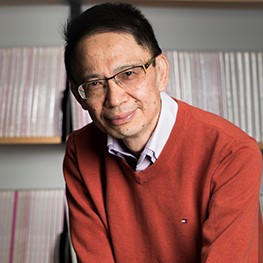
Wu, a renowned mathematician, has made foundational contributions to the global dynamics and bifurcation theory. His novel mathematical models have pioneered several research fields. His disease modelling research provides critical insights of mechanisms behind complex patterns and accurately forecasts disease trends. His leadership has profoundly contributed to the paradigm shift toward using interdisciplinary modelling extensively in health planning and firmly establishing Canada as a global leader in mathematical epidemiology. In 2022, he was also elected as a Fellow of the Canadian Academy of Health Sciences.
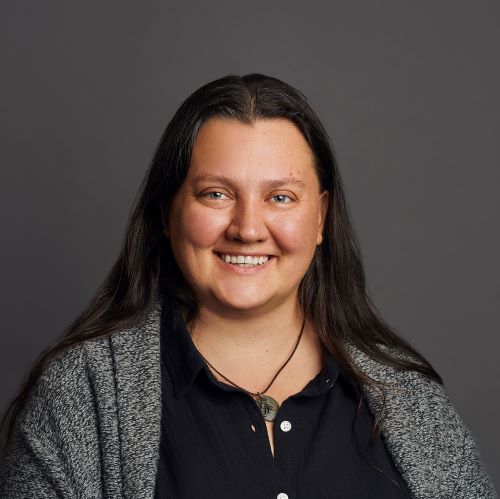
Rehan is an international leader in the molecular ecology and behavioural genetics of bees. Rehan’s research combines comparative genomics and socio-demography to provide critical insights into the diversity, decline and sustainability of wild bees. Rehan is advancing our understanding of the causes of wild bee declines by developing comprehensive wild bee population genomic and disease ecology models. These results will ultimately be used to implement critical conservation strategies.
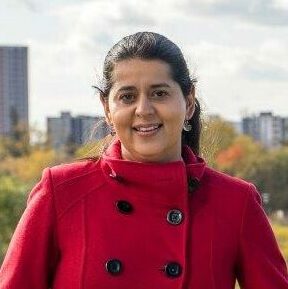
Sharma has transformed the understanding and study of how lakes worldwide respond to climate change, including rapid ice loss, warming water temperatures, degrading water quality, and changing fish distributions. She reinvigorated the field of winter limnology using big data and cutting-edge statistical analysis. She is a remarkable science communicator, generating millions of media impressions by clearly conveying complex research and as founder of SEEDS, an outreach program for refugees.
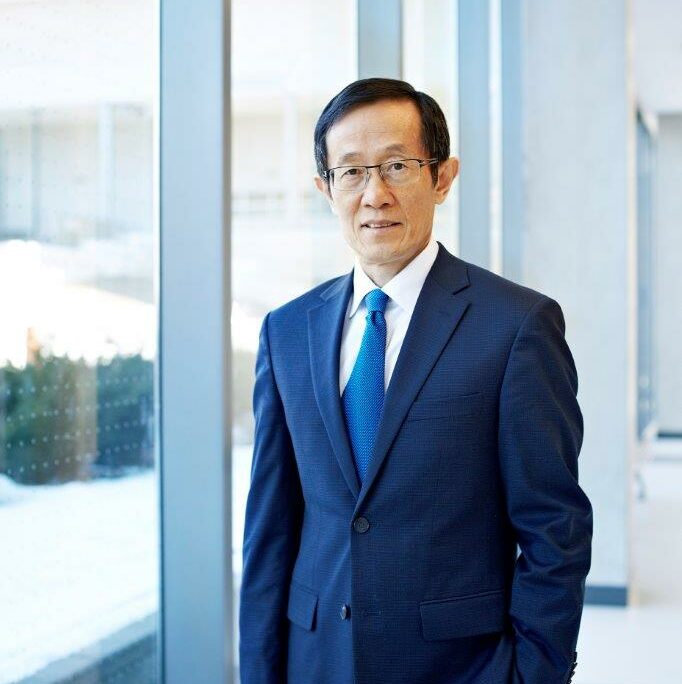
Dean Rui Wang received a Top 25 Canadian Immigrant Award from Canadian Immigrant. The award program recognizes inspirational immigrants who have made a positive impact on their communities since arriving in Canada.
“Immigrants are an integral part of our success story – across Canada and here in our Faculty,” said Wang. “We take so much pride in the diversity within our community and our strong international student component. I was so incredibly pleased to see, in our most recent graduating class, students walk across our convocation stage from 32 countries spanning five continents. We have international partnerships and research taking place around the globe as we speak. This is truly science for the future – connected, collaborative, cross cultural, and inclusive, and I could not be prouder of our collective success.”
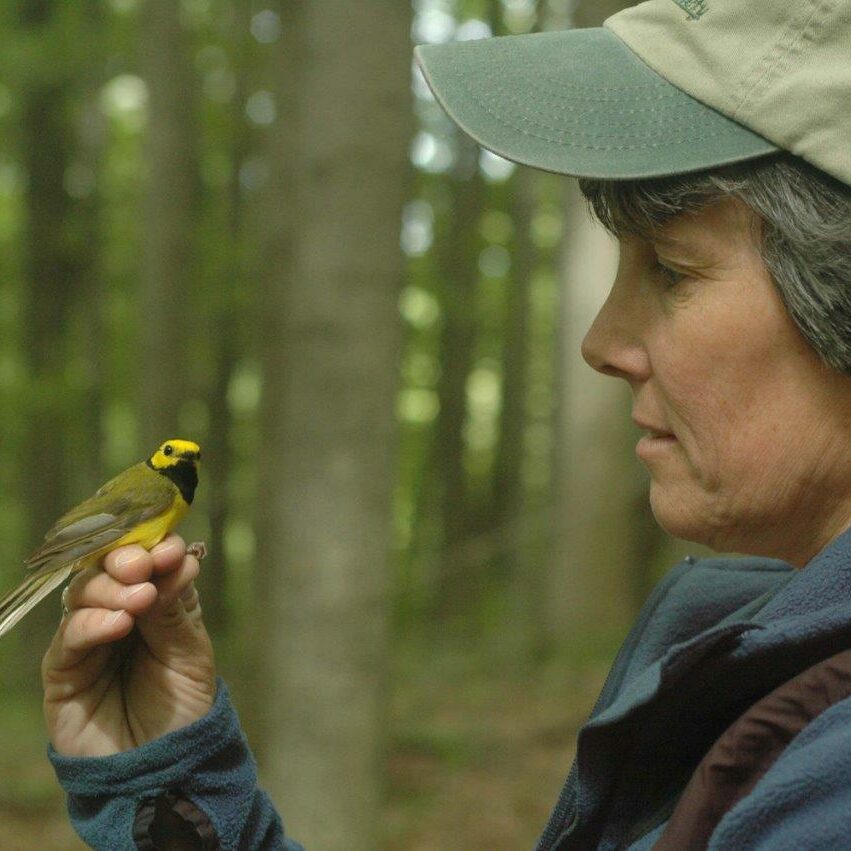
Distinguished Research Professor Bridget Stutchbury (Biology) received the Elliott Coues Award from American Ornithological Society for her contributions to the understanding of the ecology and conservation of migratory and neotropical songbirds.
Stutchbury’s research career has focused on the ecology and conservation of migratory songbirds. Her pioneering research uses geolocators to track the migratory behaviour and patterns of tree swallows, purple martins, and hooded warblers between eastern North America and Central and South America.
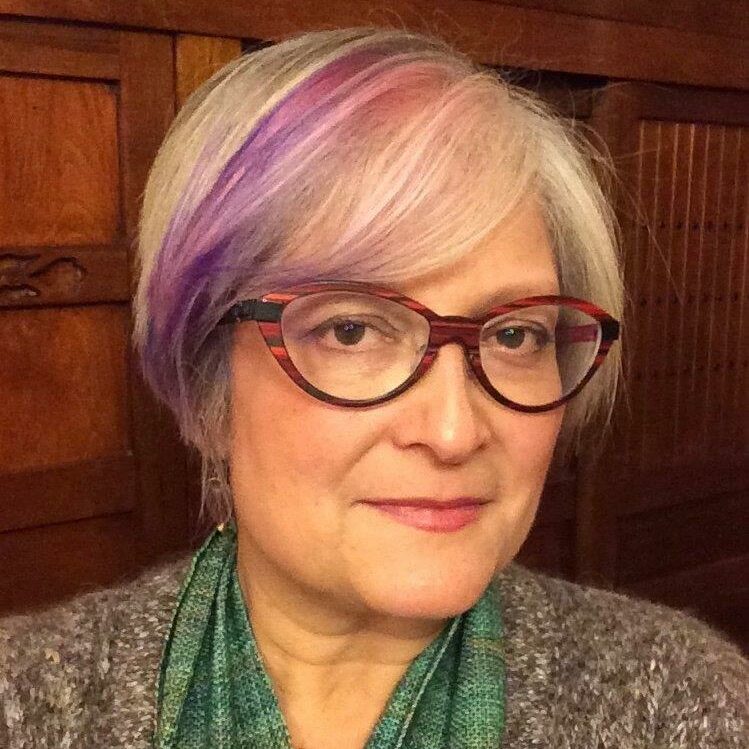
York University Professor Dawn Bazely (Biology) joined the ranks of illustrious Canadians as the recipient of the 2022 Sandford Fleming Medal for excellence in science communication from the Royal Canadian Institute for Science. The selection committee was unanimous in its decision, noting Bazely’s impressive, diverse range of activities as a science communicator and activist for more than 30 years.
Bazely also received the Minister of Colleges and Universities’ Award of Excellence in the Future Proofing category, in honour of her work in supporting student learning during the pandemic. For instance, she incorporated media coverage of SARS-CoV2 and other zoonotic diseases into her teaching in relation to biodiversity loss. She also designed the online field course Biodiversity & Watershed Management, which was one of only two to run early in the pandemic, and later expanded the course to five Ontario universities to ensure that students could meet their field course requirements.
Dean’s Special Recognition Award
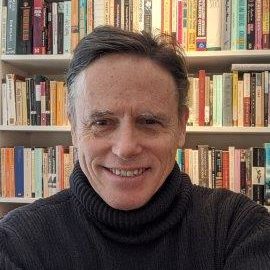
Department Chair Stephen Watson (Mathematics & Statistics) was recognized for coordinating many professors across York University, especially those in Statistics, in their creation of the new Data Science program. He was also acknowledged for his efforts in recognizing the importance of teaching and learning and in helping the Department better listen to, learn from, and satisfy its students.
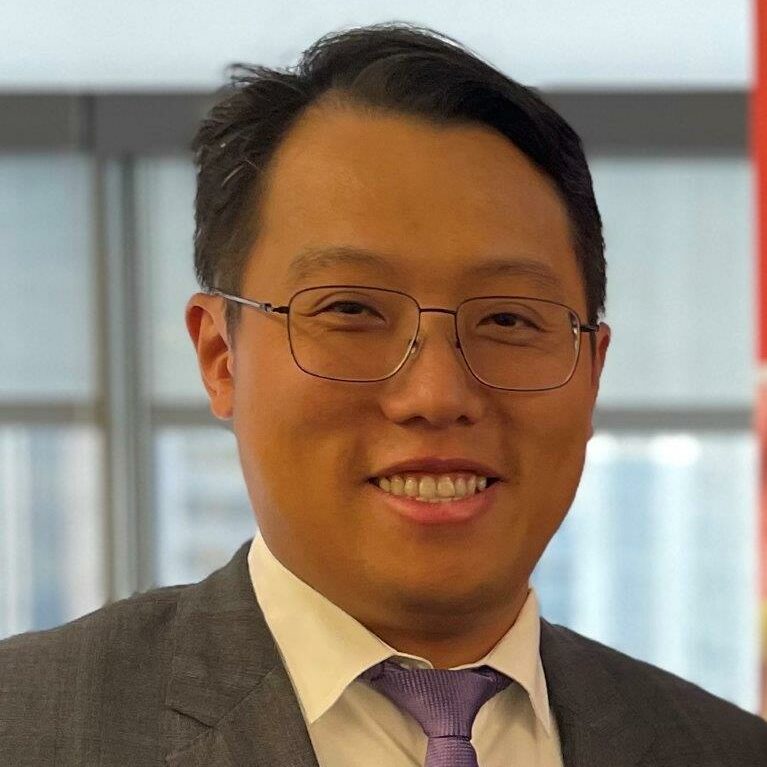
Hugo Chen, director of International Collaborations & Partnerships, was recognized for his leadership in advancing new internationalization initiatives and education experiences for the Faculty. Since joining York Science in 2021, he launched the 2+2/2+3 Undergraduate International Collaboration Education Programs, the York Science Hainan Learning Centre, the inaugural Science International Education Month, and the Global Leaders of York Science.
Faculty of Science Excellence in Research Awards
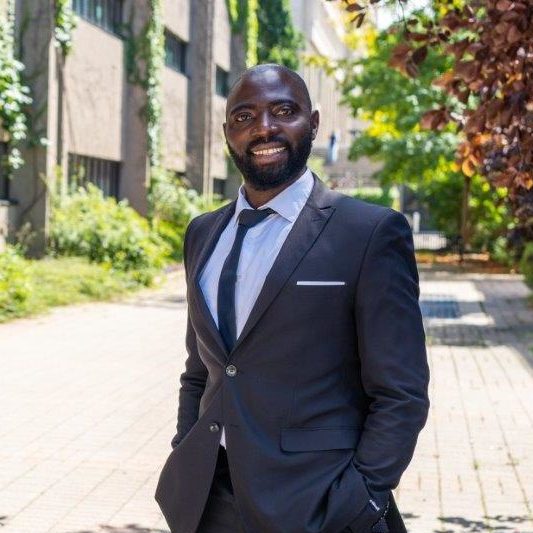
Professor Jude Kong (Mathematics & Statistics) received the Early Career Researcher Award. Since joining York in 2020, he has become a superstar in the global community of mathematical modeling and artificial intelligence technologies for global public health of pandemics. In addition to a large number of publications in high-profile journals, he has secured an incredible amount of research funding and established a large network of international collaborators.
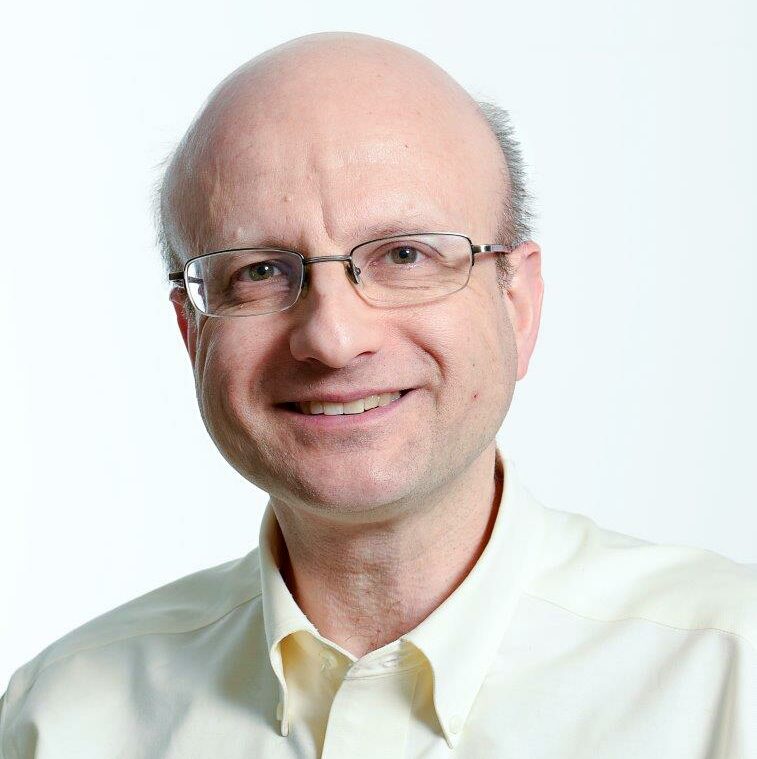
Professor Neal Madras (Mathematics & Statistics) received the Excellence in Graduate Mentorship Award. Madras has been a major contributor to the graduate study and postdoctoral research of many trainees through his dedicated supervision, his graduate courses in applied probability and mathematical modelling, and his contributions to thesis/dissertation examination committees.
Faculty of Science Excellence in Teaching Awards
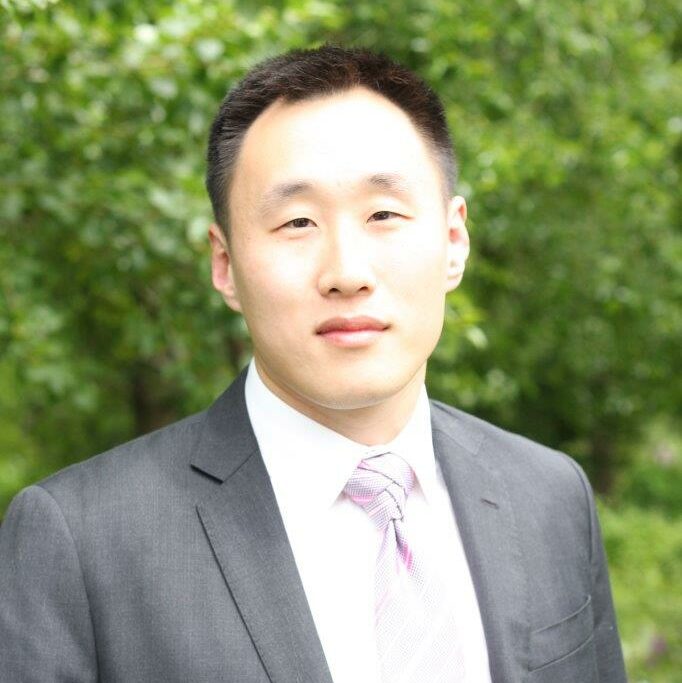
Professor Christopher Jang (Biology) received the Teaching Award in the Junior Tenure-Stream Faculty category. He was recognized for transforming second-year biology labs using advanced, integrated pedagogical approaches. He collaborated with faculty to create a Course-Based Undergraduate Research Experience that provides experiential learning for 300 students per term, and introduced creative new forms of assessment.
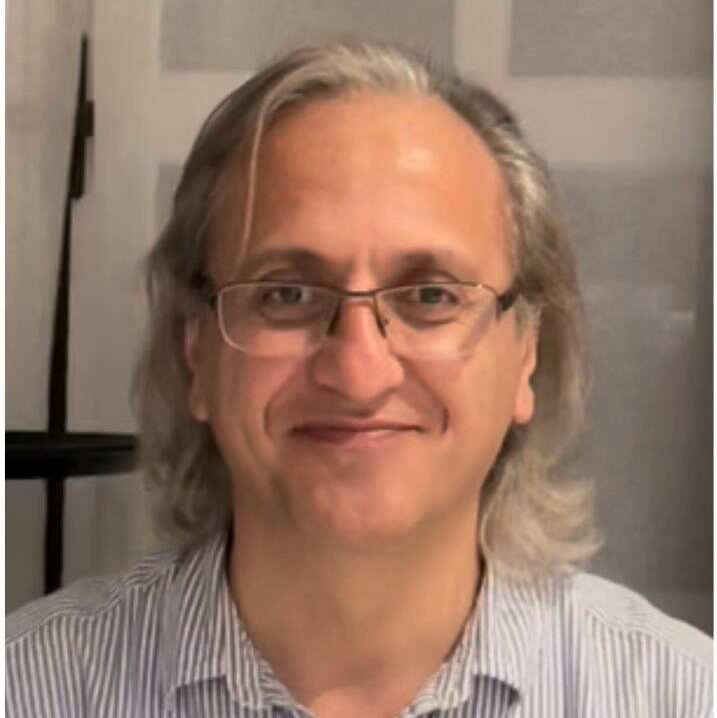
Professor Alireza Rafiee (Natural Sciences) received the Teaching Award in the Contract Faculty category. Rafiee created a relaxing, yet engaging and effective online learning environment for students in response to the pandemic. Many students commented on how he made potentially difficult subject matter accessible by using a diversity of creative resources and teaching approaches.

PhD student Farwa Sajadi (Biology) received the Richard Jarrell Excellence in Teaching at the Graduate Level Award. Sajadi created an organized, warm, and productive lab atmosphere when she coordinated and led both online and in-person labs during the height of COVID-19 restrictions. Her personal attention and constructive feedback provided critical support, but it was her dedication to students’ future success that students appreciated and respected the most.
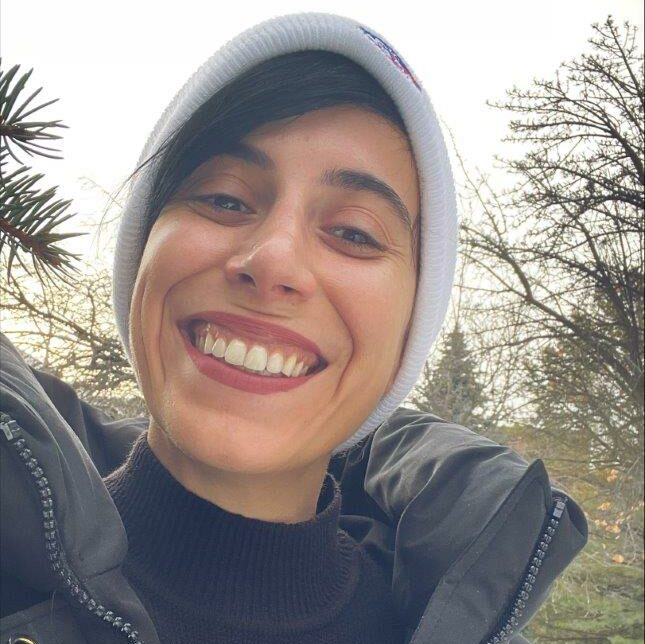
PhD student Evangelia Tzamali (Lassonde) received the Richard Jarrell Excellence in Teaching at the Graduate Level Award. Tzamali made first-year physics courses a rich and enjoyable learning experience. Students appreciated her consistent and in-depth feedback, hands-on mentorship, and extra instructional aids. Professors noted her commitment to innovative teaching strategies, and that she worked to engage and challenge students, earning their trust and respect.
President’s Research Impact Award
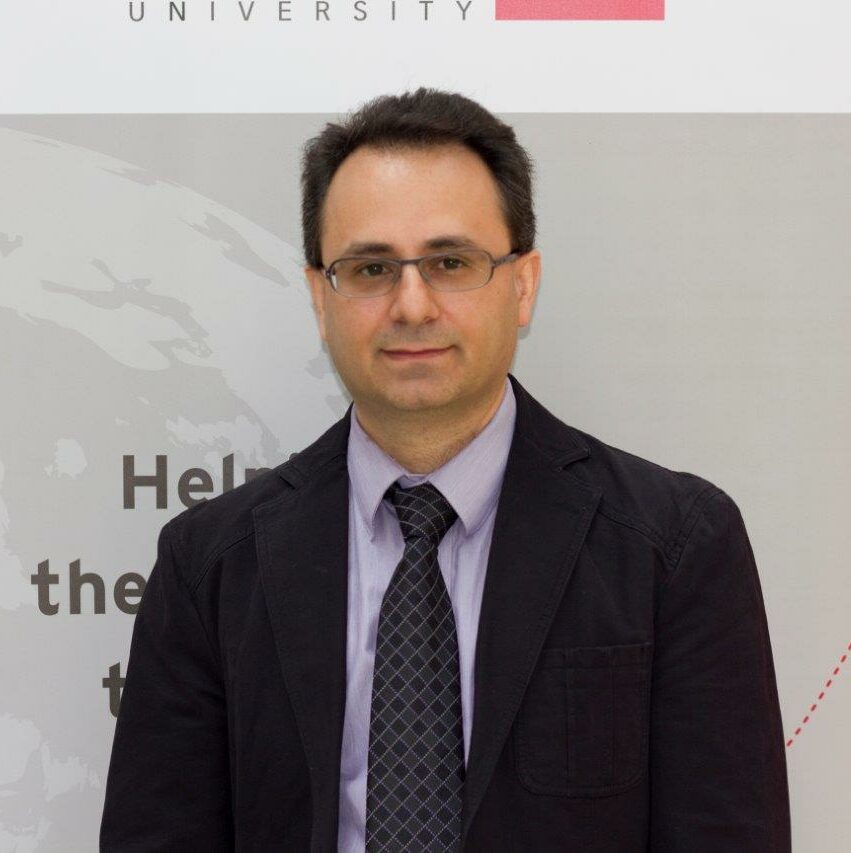
Professor Seyed Moghadas (Mathematics & Statistics) received the President’s Research Impact Award in recognition of his global leadership in using mathematical and computational models of disease epidemics and vaccination. During the COVID-19 pandemic, his expertise has been in high demand and instrumental in setting and improving health policies both in Canada and the U.S. Moghadas served in an advisory role to the Public Health Agency of Canada and to the Science Advisor of Canada as part of the COVID-19 Modelling Expert Group. He is also a member of a research team established by The Commonwealth Fund, which provides regular updates on the impact of COVID-19 interventions to the U.S. federal government and the Centre for Disease Control and Prevention.
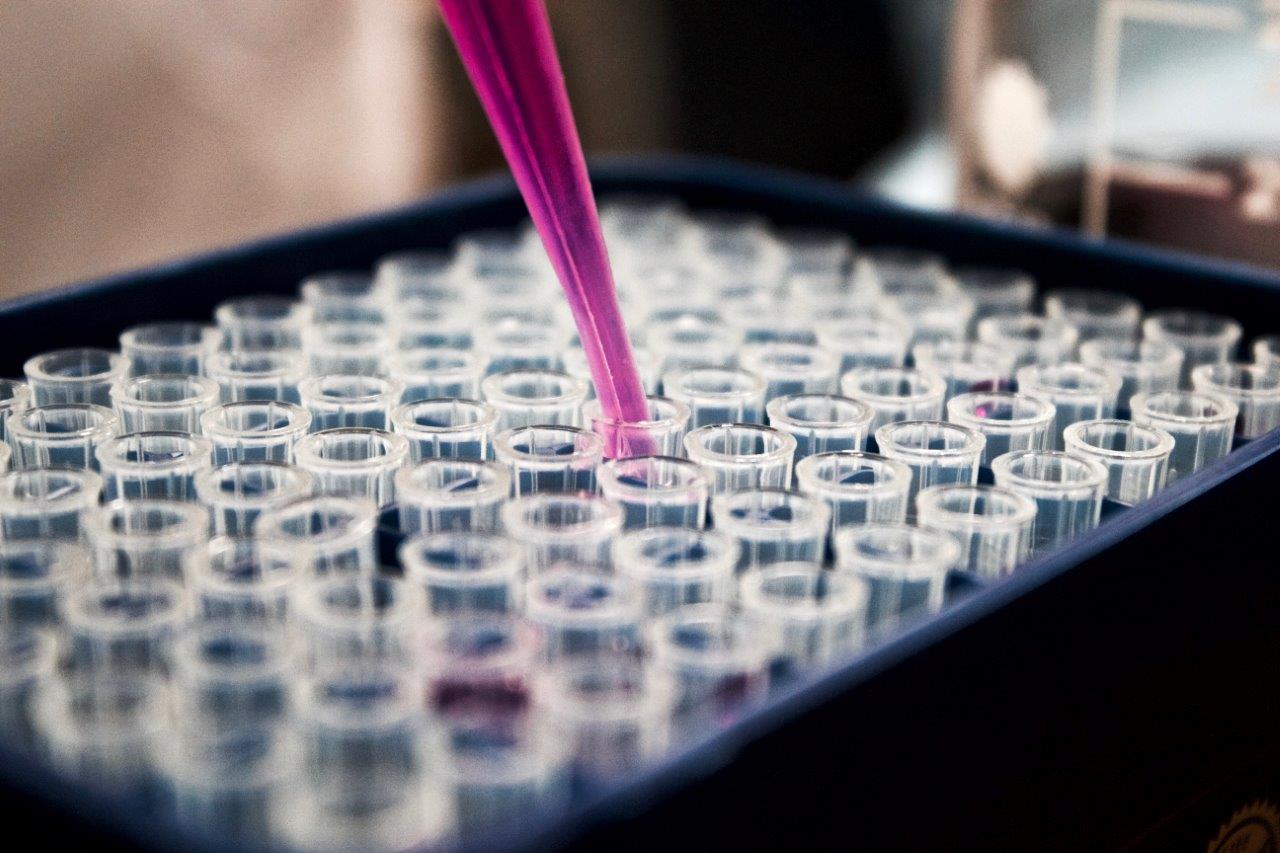
RESEARCH FUNDING
By the Numbers
$20.6 million
Total funding awarded in 2022
$8.0 million
Provincial, national and international agencies
$4.8 million
Natural Sciences and Engineering Research Council of Canada
$1.6 million
Canada Research Chairs
$1.3 million
Foundations, societies, and not-for-profits
$1.1 million
Canadian Institutes of Health Research
$1.2 million
Social Sciences and Humanities Research Council
$1.0 million
Contracts and industry
$441 thousand
Canada Foundation for Innovation and Ontario Research Fund
$877 thousand
Mitacs and other fellowships
$213 thousand
Fields Institute
$56 thousand
Donations
Highlights
$7.25M to use AI and big data in fight against infectious diseases
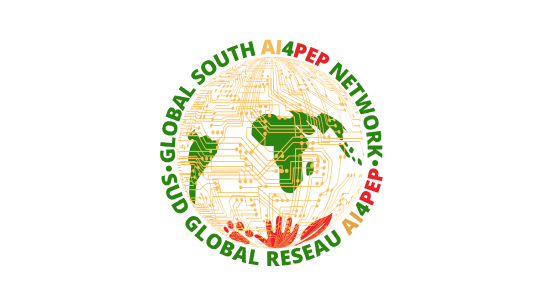
At a time when the risk of emerging or re-emerging infectious diseases is increasing, an international team led by Professor Jude Kong (Mathematics & Statistics) received a $7.25 million grant from the International Development Research Centre of Canada to help tackle the issue.
The five-year project, Global South Artificial Intelligence for Pandemic and Epidemic Preparedness and Response (AI4PEP) Network, will enable Kong and his research team to work alongside countries in the Global South to develop equitable and AI solutions and big data approaches to improve public health outcomes. The project will support prevention, early detection, preparedness, mitigation and control of emerging or re-emerging infectious disease.
Project funded by CIHR explores causes of atrial fibrillation
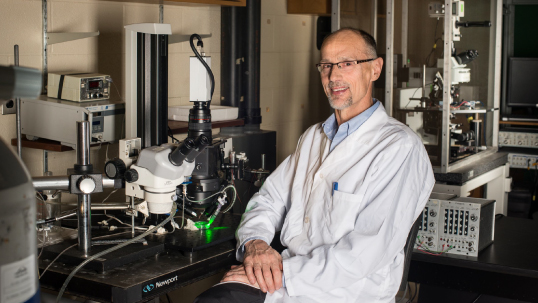
Canada Research Chair Peter Backx (Biology) received nearly $750,000 from the Canadian Institutes of Health Research (CIHR) to explore how atrial stretch is involved in promoting atrial fibrillation, the most common cardiac arrhythmia.
Regardless of cause, the atria of patients with this arrhythmia show fibrosis, hypertrophy and inflammation, which Backx and his team have linked to a critical inflammatory factor called tumour necrosis factor (TNF). Because the activation of TNF is driven by stretch, the team will examine the mechanisms whereby stretch activates TNF and the effect of TNF inhibitors.
Largest NSERC Discovery Grant in York history
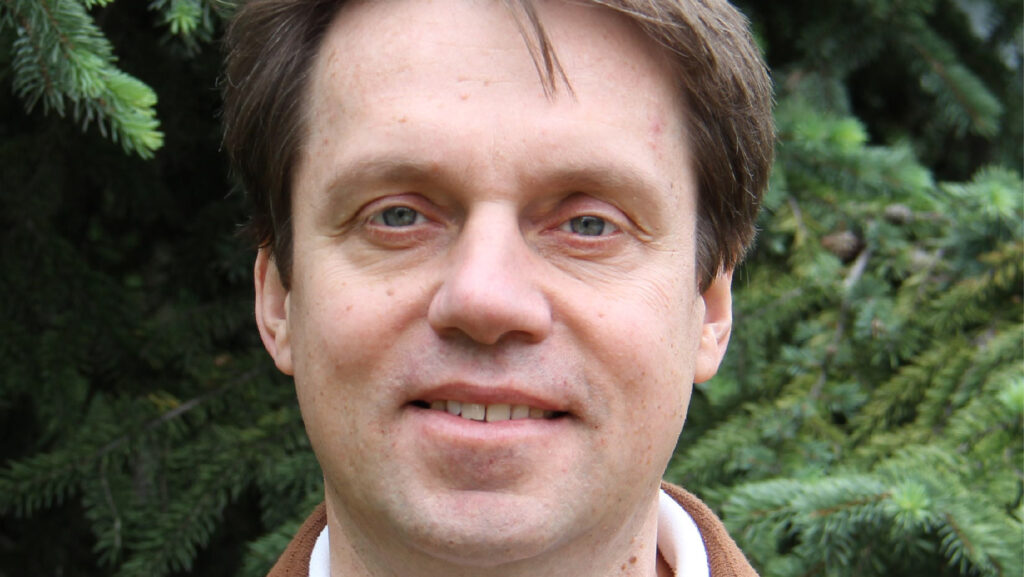
Our faculty members were awarded a total of more than $1.9 million from the NSERC Discovery Grants program, including Professors Chris Bergevin (Physics & Astronomy), Michael Chen (Mathematics & Statistics), Jairo Diaz Rodriguez (Mathematics & Statistics), Peter Gibson (Mathematics & Statistics), Jude Kong (Mathematics & Statistics), Sergey Krylov (Chemistry), Dong Liang (Mathematics & Statistics), Kim Maltman (Mathematics & Statistics), Sarah Rugheimer (Physics & Astronomy), Jeffrey Schall (Biology), and Cody Storry (Physics & Astronomy).
Receiving the largest amount ever in York University history from the NSERC Discovery Grant program, Krylov was awarded $605,000 for his project “Disruptive Analytical Technologies for Biomedical Sciences.”
RESEARCH SPOTLIGHTS

TEACHING & LEARNING
NEW RESOURCES AND DEVELOPMENT OPPORTUNITIES FOR INSTRUCTORS
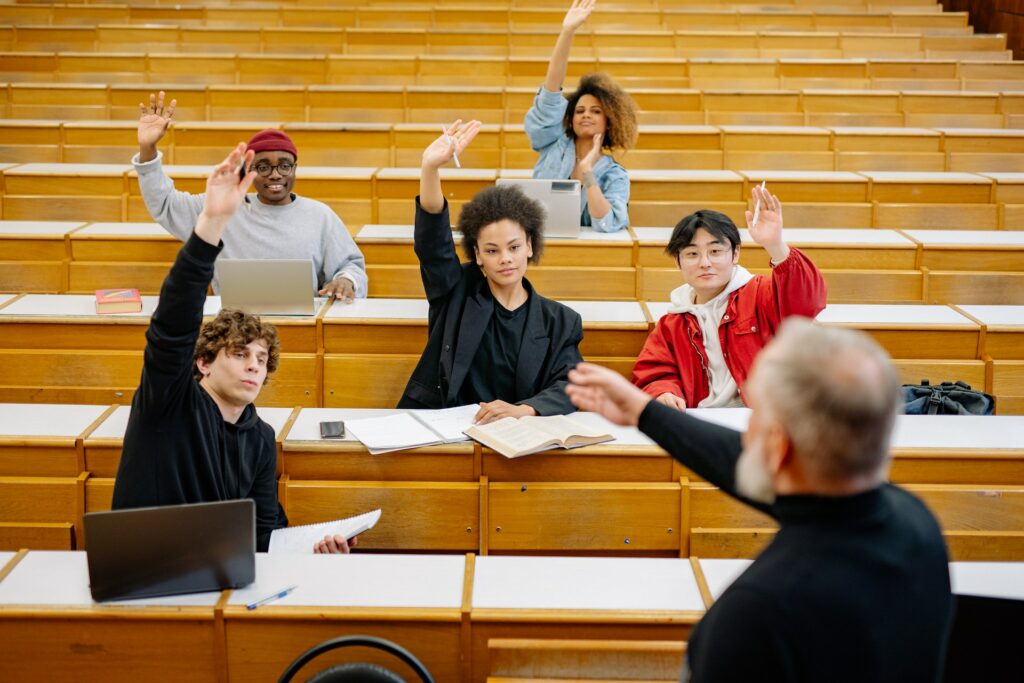
In the past year, we expanded, innovated, and progressed teaching and learning in the Faculty of Science. A number of initiatives were spearheaded and coordinated by our teaching and learning experts, including Pedagogical Innovation Chair in Science Education Tamara Kelly, Educational Development Specialist Ashley Nahornick, and the Faculty’s Committee of Teaching and Learning (chaired by Professor Robin Marushia).
To make students feel welcome in their courses, Kelly and Nahornick developed and piloted an EDI syllabus/course outline template for instructors to use in their courses. Designed with accessibility in mind, the template features a land acknowledgement, an inclusive teaching statement, clear community guidelines, assistance available to students on academics and well-being, a course overview, and more.
We put a spotlight on teaching in the Faculty through a new teaching and learning website with resources for instructors, including a curriculum change toolkit that provides information for faculty or departments proposing undergraduate and graduate curricula in the Faculty of Science. In addition, we created a Faculty of Science Teaching Network webpage – a go-to list of colleagues interested in connecting about topics in teaching and learning – and highlighted opportunities related to the Scholarship of Teaching and Learning.
We also rolled out more than 25 events focused on current topics in teaching and learning that featured expert speakers from York and beyond, including a presentation by Professor Kim Tanner (San Francisco State University) on non-content classroom language. Some of the sessions were geared toward graduate students, including informal discussions with graduate students to unpack teaching questions. We began an EDI book club and reading group this year in addition to continuing informal faculty chats. We also invited instructors to share transformational changes made in their courses and produced a booklet detailing their efforts to revamp course content and introduce research-based teaching strategies or new course design methods.
Another highlight of the year was our second annual Academic Integrity Week focused on increasing awareness of different strategies to promote academic integrity in our science courses. It included a keynote talk by Professor Laurie McNeill (University of British Columbia) on making academic integrity meaningful and accessible.
HIGHLIGHTS
Immersive, interactive learning with VR technology
Professors Kyle Belozerov and Derek Jackson (Chemistry) have been expanding the use of virtual reality (VR) technology in York chemistry courses in an effort to help students understand the structure and function of biological molecules at a deeper level.
“Research shows that students face numerous challenges as they learn complex and dynamic molecular structures using minimally interactive 2D tools like textbook illustrations, videos or computer programs,” said Belozerov. “VR provides a unique opportunity to overcome these limitations.”
They first piloted a VR learning component in a third-year biochemistry course.
“We received overwhelming positive feedback from the students, who were enthusiastic and excited to use the technology,” said Jackson. “We discovered that the VR exercises really enhanced the student learning experience.”
With new funding from eCampus Ontario and York’s Academic Innovation Fund, they were able to purchase more headsets and work on creating more VR learning activities and interactive modules that could be implemented more widely across the Department and Faculty, and beyond.
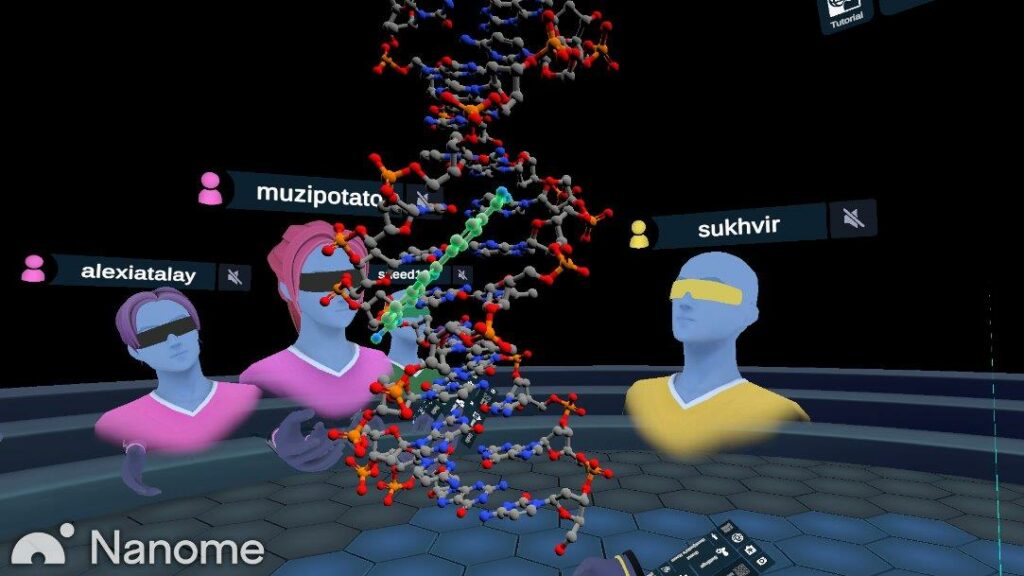
A screenshot of student avatars working with a DNA molecule during the pilot project
Transforming courses for better engagement and learning
Our instructors are continuously updating and revamping courses to enhance the learning experience for students. For instance, Professor Stephanie Domenikos (Science, Technology & Society) transformed the course Mysteries of Everyday Materials from a lecture-based format to one that now includes lab experiments. The course is for non-science majors and is focused on understanding how everyday materials work, such as sunscreen and non-stick coatings.
“At first, students were intimidated by the word ‘lab,’” Domenikos noted. “Many of them actively avoided science in high school and found it daunting to have labs, but they realized that it isn’t complicated; it’s just an opportunity to apply what they’ve learned in lecture and to use their hands. They began to enjoy it.”
The experiments they conduct complement the lectures Domenikos delivers in class. The battery lecture, for example, is followed by a lab where students create their own batteries from wire and various solutions and test the conductivity of various foods.
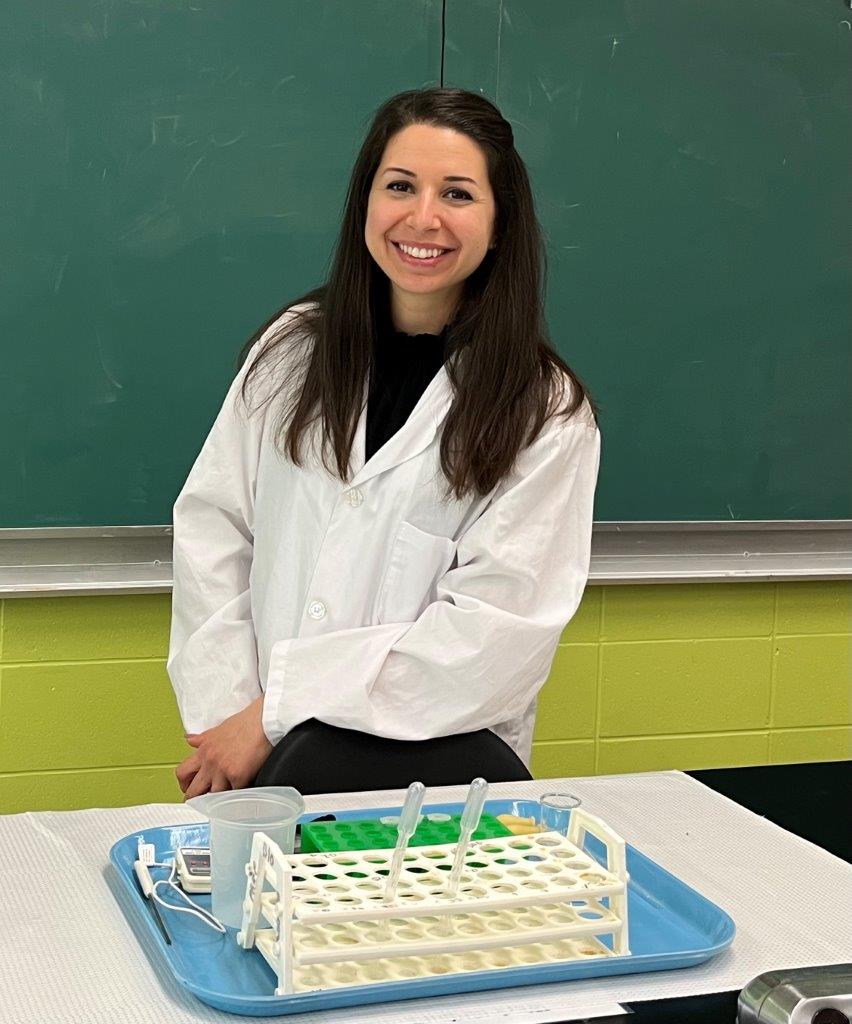
Stephanie Domenikos

STUDENTS
HIGHLIGHTS
Faculty of Science medals for high achievement of students
The Faculty of Science presents Gold and Silver Medals to undergraduate students graduating with outstanding achievements. The Faculty’s Gold Medal goes to the student(s) with the highest GPA, and the Faculty’s Silver Medal goes to a student who has combined the highest degree of academic achievement with the greatest contribution to undergraduate student life at York.
In spring 2022, the Faculty presented its Gold Medal to Sophie Eisen, Pablo Gonzalez, and Robert Khatib. Khatib was also a recipient of the Governor General’s Silver Medal.
The Faculty’s Silver Medal was presented to Jacob Fine, who was commended for his exceptional academic record, research contributions in RNA biology, and leadership in science outreach and literacy activities.
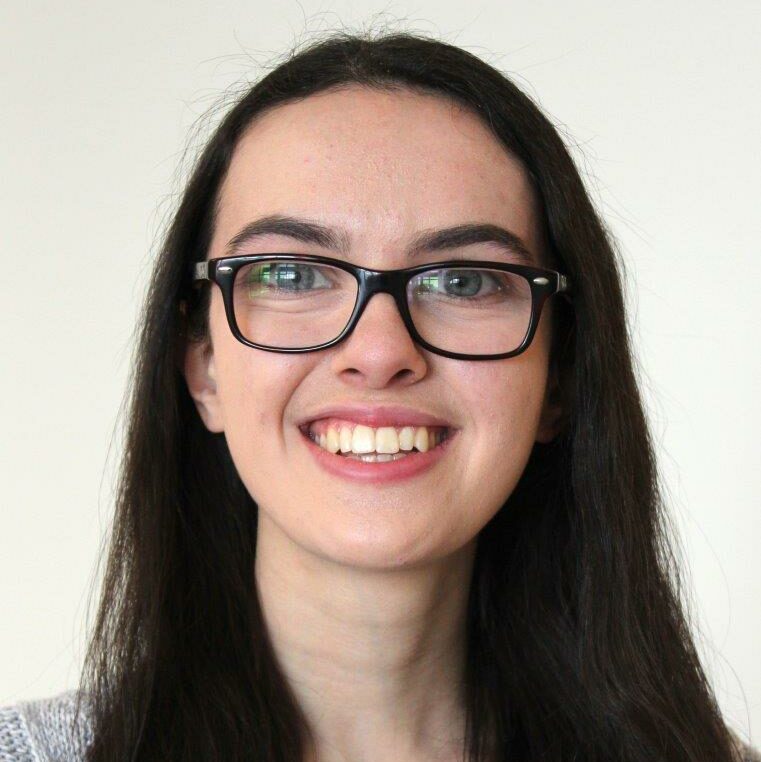
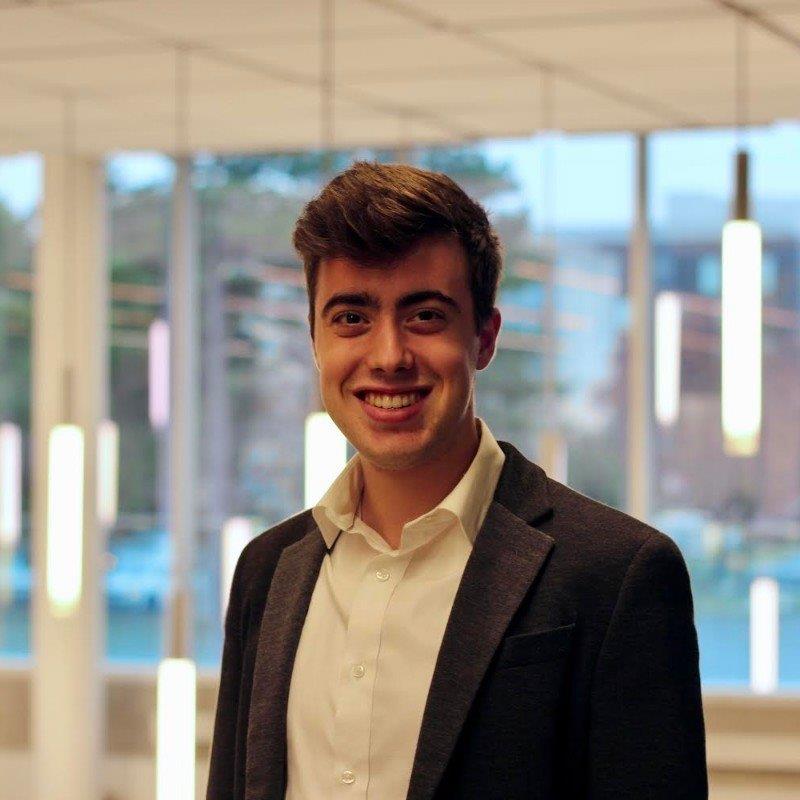
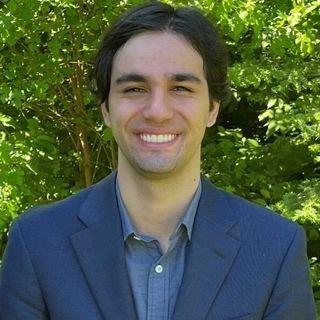
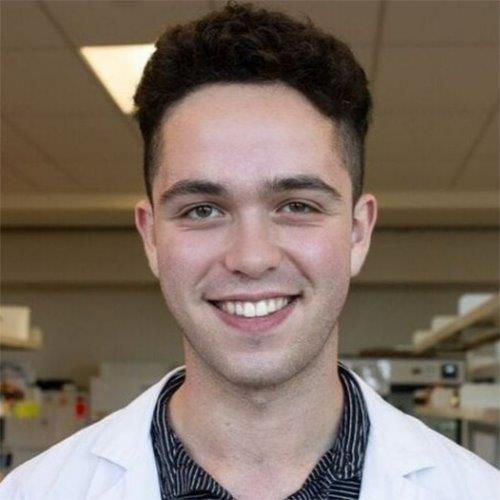
Enhanced opportunities for undergraduate research and success
Fifty-five students from Science and across the University attended our annual Summer Undergraduate Research Conference to present their summer research projects and network with their peers. The event included recipients of NSERC Undergraduate Summer Research Awards, Dean’s Undergraduate Research Awards, and York Science Scholars Awards (YSSA).
At the conference, Minoosh Fathi (first-tied), Mahya Rezaeifarimani (first-tied) and Selin Tahir (third) received awards for their poster presentations, and Aleeza Qayyum (first), Areeba Chaudhury (second) and Claire Del Zotto (third) received awards for their talks.
In 2022, we also received a generous donation from alumnus Earle Nestmann to create more opportunities for students to participate in paid summer research positions. His gift of $200,000, matched by the Faculty for a total of $400,000, created the Earle Nestmann Undergraduate Research Award program, which will begin in 2023.
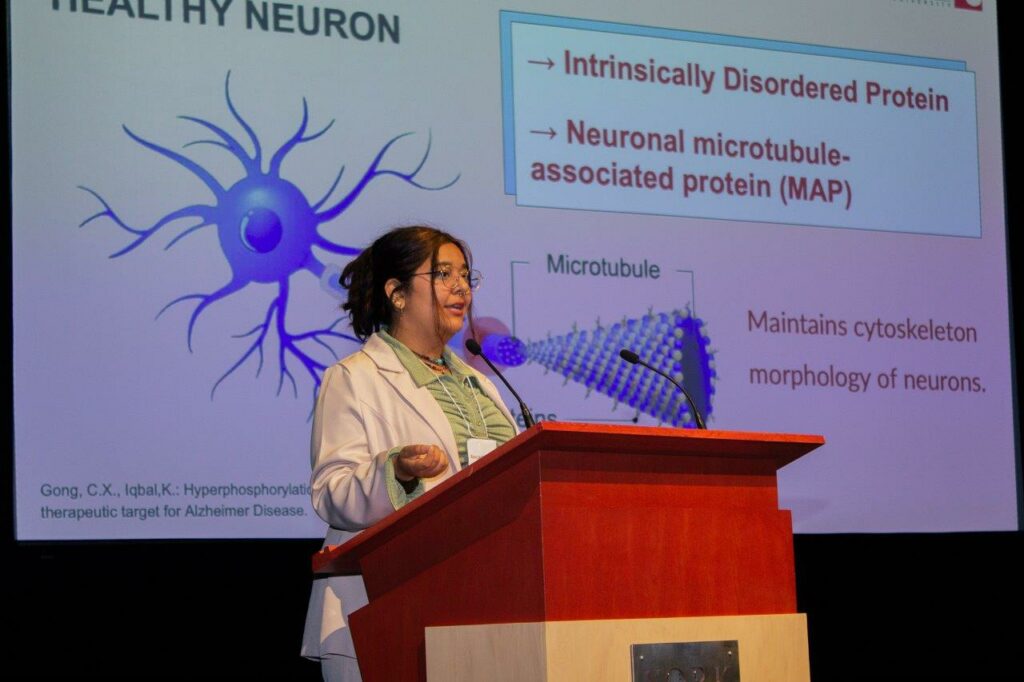

COMMUNITY & ALUMNI
HIGHLIGHTS
Bringing science to the community and world
Our Science Engagement Programs (SEP) team offers innovative and engaging programs designed to inspire youth to discover exciting topics in science, technology, engineering, and mathematics. In 2022, more than 4,600 children and youth from across Canada and the world took part in our in-person and online programming:
750+
Students engaged on campus in summer programs, Saturday and PA Day workshops, and more.
700+
Students engaged off campus, including in school and library workshops, and Community Science Fun Days.
1,100+
Students engaged through virtual programming.
450+
Students engaged in fully-subsidized programs, including the Jane and Finch Science Club and in-school CanCode workshops.
1,600+
Participants at York University’s Science Rendezvous.
My child was excitedly going through the kits before the program, and each day, concentrated on the experiment at hand with a focus I hardly see during the summer, all the while having fun! She has developed an enthusiasm for science experiments and plans to continue using the kits on her own.” - Parent of camper in online Body Systems camp.
— PARENT OF CAMPER IN ONLINE BODY SYSTEMS CAMP
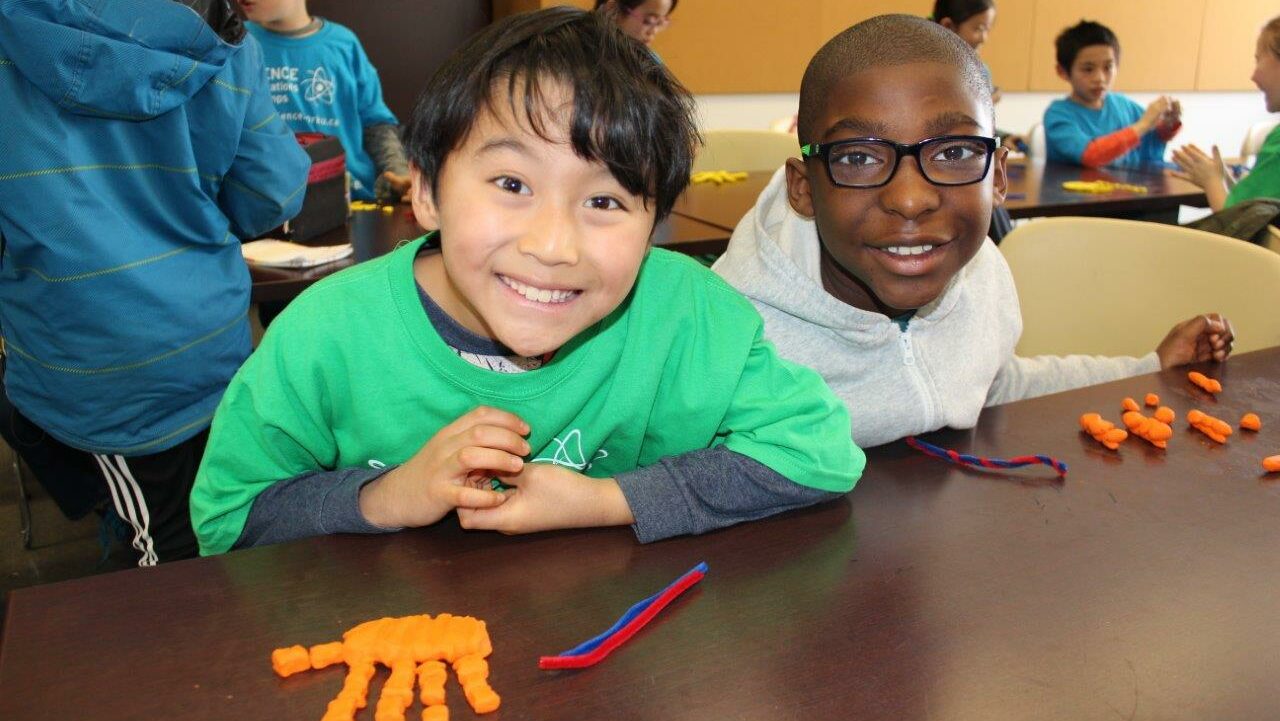
Science graduates among York's Top 30 Alumni Under 30
York University’s Top 30 Alumni Under 30 list recognizes inspiring young alumni who are working to right the future in a variety of fields. Three Science alumni were on the 2022 list.
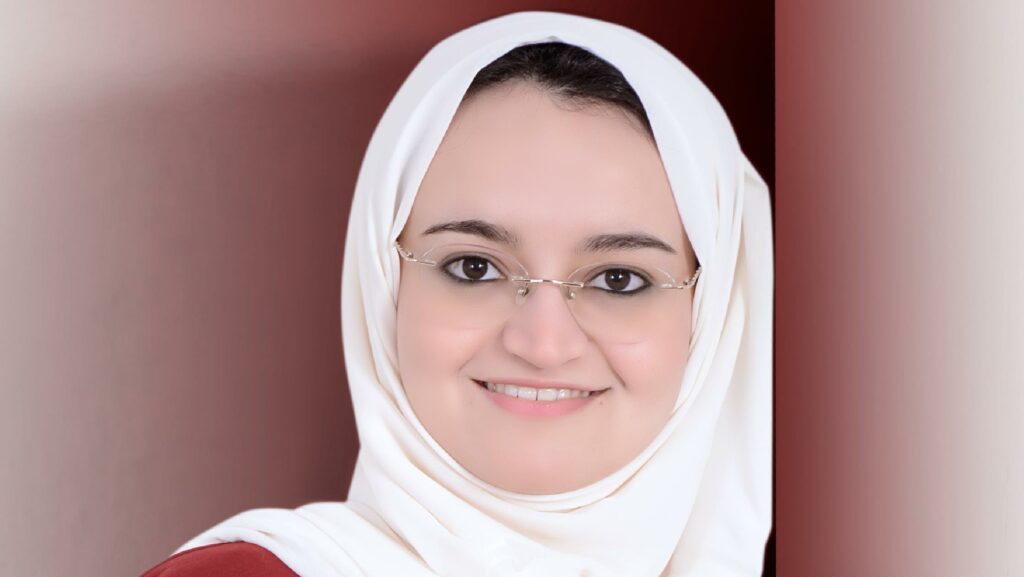
Tarnem Afify (BSc '21) is a scientist, leader, and advocate. She was a representative of the Canadian Association of Physicists in the International Association of Physics Students. She also founded Future Women in Physics. She aims to inspire female scientists to break barriers. She is now pursuing a master’s at the Schulich School of Business.
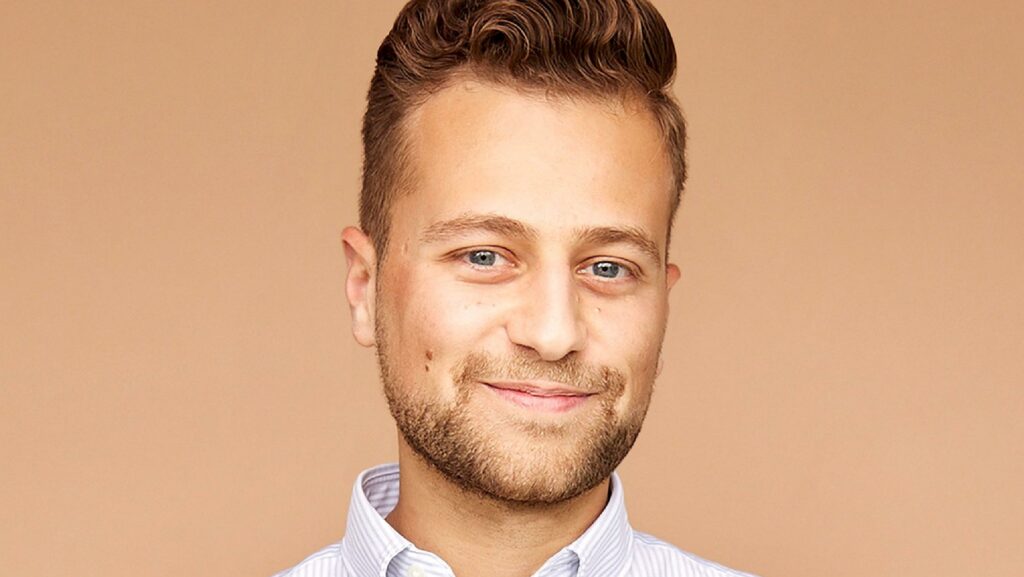
Yaakov Green (BSc ’17) is dedicated to solving structural issues in healthcare. He is currently completing an MD/MBA at Yale University, during which he has consulted on health equity strategy for the private sector, conducted research on social determinants of health, and more. He also served as an intern for the U.S. Federal COVID-19 Health Equity Task Force.
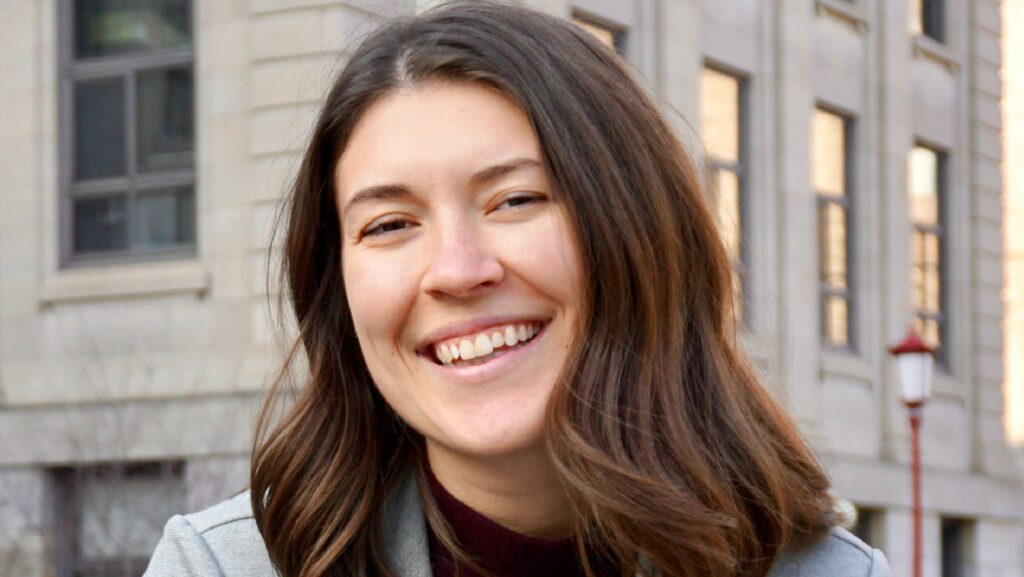
Sarah Laframboise (BSc ’18) is a scientist, science communicator and advocate for women in science. She is currently completing her PhD in biochemistry at the University of Ottawa; during this time, she has co-founded Next Generation Women and founded the Ottawa Science Policy Network. She also Chairs the Editorial Committee at the Canadian Science Policy Centre.



